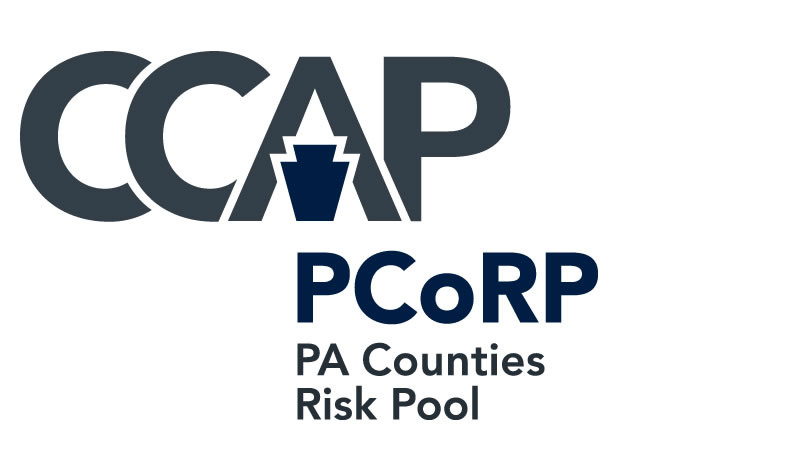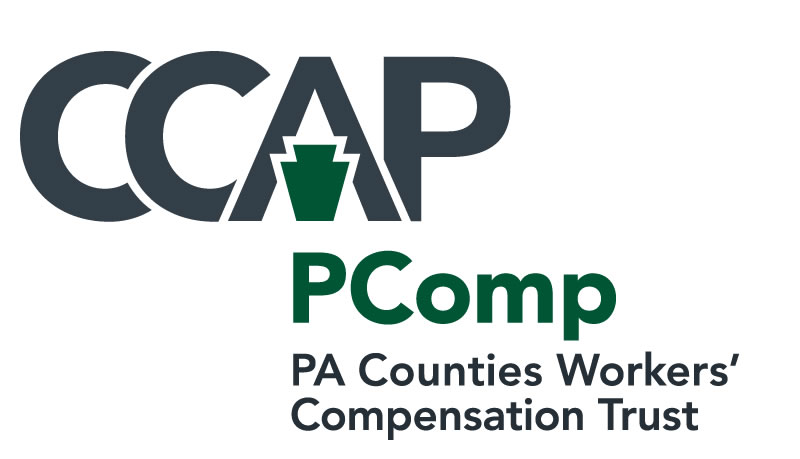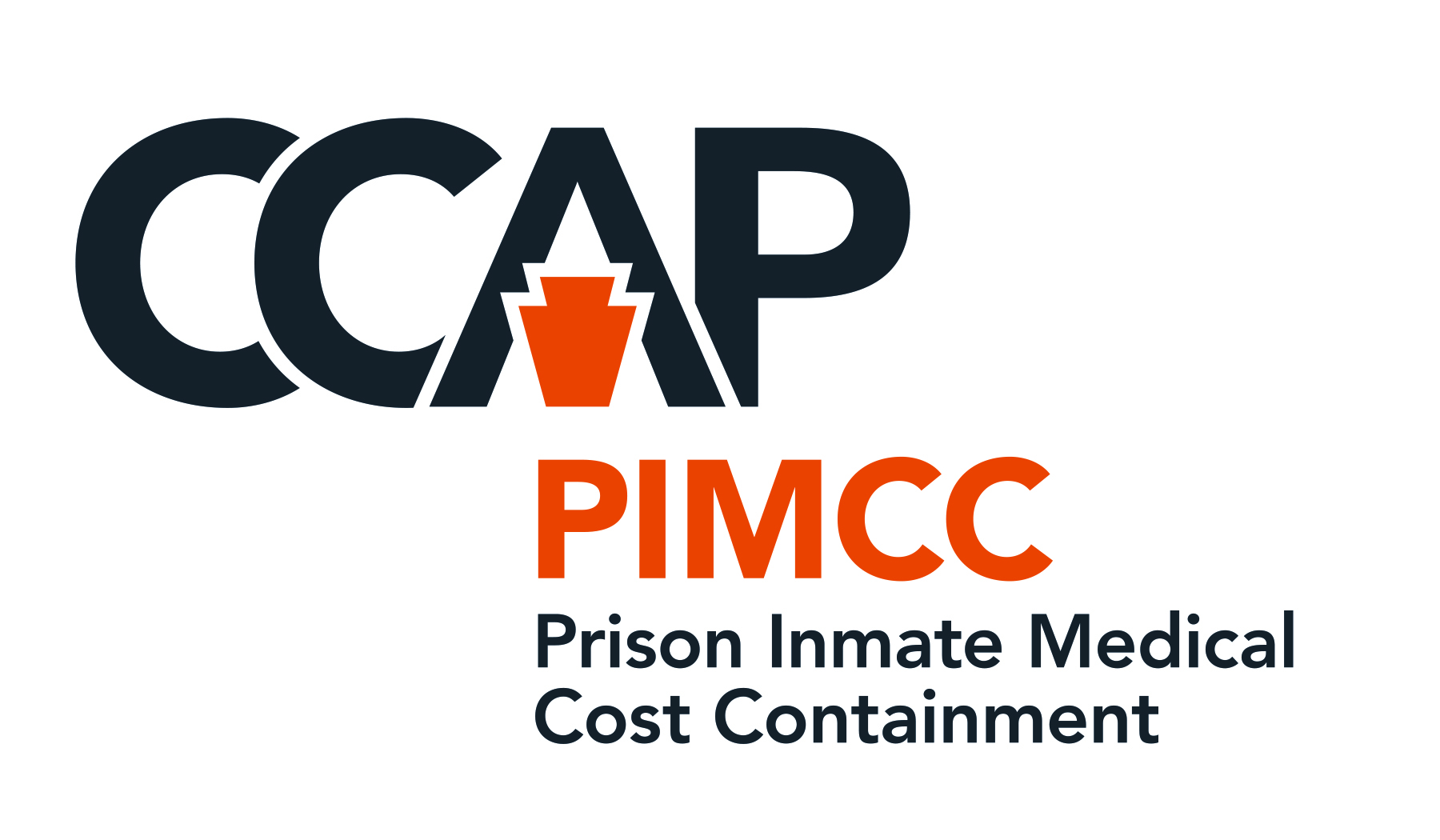The CCAP Insurance Programs Difference
- Created by counties, for counties, and tailored to meet the specific needs of counties
- Owned by members, governed by members
- Broad coverages, benefits and value-added services that exceed the commercial market
- Surplus belongs to members
- Grant programs and risk control incentive programs
- In-house underwriting, claims and risk management teams
- All 67 Pennsylvania counties participate in at least one of CCAP’s Insurance Programs!



Programs
CCAP Insurance Programs were created by counties, for counties. Counties directed CCAP staff to provide services, coverage and training that the traditional insurance market no longer offered. CCAP is proud to offer nine insurance programs tailored to the specific needs and risks of Pennsylvania counties. All of our programs are owned and governed by the members they insure. Contact insurance@pacounties.org to learn more about CCAP Insurance Programs and how they can serve your county or county-related entity.
 PCoRP - PROPERTY AND LIABILITY COVERAGE
PCoRP - PROPERTY AND LIABILITY COVERAGE
PCoRP is a unique combination of self-insurance, reinsurance and risk management. Lines of coverage include property, crime, general liability, law enforcement, auto, public officials' liability and cyber security liability. Members receive a full-service package including in-house claims management, grant programs, risk management and educational opportunities.
 PComp - WORKERS' COMPENSATION COVERAGE
PComp - WORKERS' COMPENSATION COVERAGE
PComp provides full statutory workers' compensation coverage to Pennsylvania counties. Rates are based solely on county loss data. Members receive a full-service package including in-house claims management, grant programs, risk management and educational opportunities.
 UC Trust - UNEMPLOYMENT COMPENSATION
UC Trust - UNEMPLOYMENT COMPENSATION
UC Trust is a totally self-insured program and provides member counties with a full-service package including claims management, hearing representation, benefit charge auditing, educational opportunities and a robust Employee Assistance Program.
 CCAP Health Alliance - HEALTH, DENTAL, VISION AND PRESCRIPTION
CCAP Health Alliance - HEALTH, DENTAL, VISION AND PRESCRIPTION
Health Alliance offers a complete range of medical, dental, vision and prescription plans, fully customized to meet the needs of each individual county or county-related entity. Members enjoy guaranteed rates, low administrative costs, an incentive-based wellness program, COBRA administration, compliance assistance with the Affordable Care Act and access to FSA, HRA and HSA administrators.
 PELICAN - LIABILITY INSURANCE FOR NURSING HOMES
PELICAN - LIABILITY INSURANCE FOR NURSING HOMES
PELICAN provides professional and general liability for non-profit nursing homes and is sponsored by the Pennsylvania Association of County Affiliated Homes (PACAH). Subscribers receive a full-service package including in-house claims management, grant programs, risk management and educational opportunities.
 PIMCC - PRISON INMATE MEDICAL COST CONTAINMENT
PIMCC - PRISON INMATE MEDICAL COST CONTAINMENT
PIMCC provides medical cost management and education to assist county prisons with the containment of costs related to inmate medical expenses. Services include inmate medical bill auditing, case management/concurrent inpatient review, a group prescription purchasing program, medical provider fee negotiations and correctional care educational opportunities. Access the Prison Directory.
 TAX COLLECTOR BONDS - TAX COLLECTOR SURETY BOND PROGRAM
TAX COLLECTOR BONDS - TAX COLLECTOR SURETY BOND PROGRAM
The Tax Collector Bond program provides surety bond coverage for tax collectors as required by state law. Protection applies only to the Commonwealth of Pennsylvania, the named county, the named municipality and the named school district.
 VOLUNTEERS - SPECIAL RISK ACCIDENT INSURANCE FOR VOLUNTEERS
VOLUNTEERS - SPECIAL RISK ACCIDENT INSURANCE FOR VOLUNTEERS
The Volunteers program provides insurance coverage for accidental death, dismemberment and medical expenses for county volunteers. Volunteers are not covered under the Pennsylvania Workers' Compensation Act, and this program can provide this special risk service for your county. Coverage also extends to court-referred alternative sentencing, work release and juveniles participating under the Juvenile Tobacco Enforcement Program. This insurance is in excess of any other insurance in place for volunteers.
 PACAH BONDS - PATIENT TRUST FUND BONDS FOR NURSING HOMES
PACAH BONDS - PATIENT TRUST FUND BONDS FOR NURSING HOMES
PACAH Bonds are patient trust fund bonds for nursing home residents and are provided to meet the requirements of federal law. The bond program is available for Pennsylvania Association of County Affiliated Nursing Homes (PACAH) members through Travelers Casualty and Surety Company at very competitive group rates. Bonds are written for a two-year period.
Note: These are summary explanations of each program. Please see each program's detailed coverage descriptions, coverage documents and bylaws for full details.

